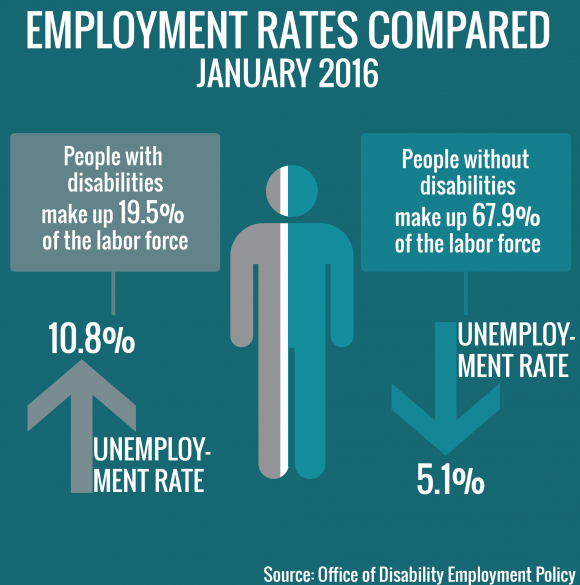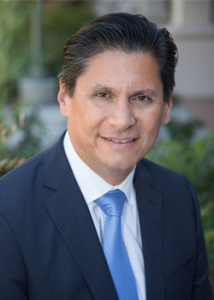A call for inclusive programs in California community colleges Eloy Ortiz Oakley appointed new chancellor of CC system
July 22, 2016
Last
Monday,
Eloy Ortiz Oakley was appointed the new chancellor of California’s community college system. The 113-school system has the lowest cost of tuition at about $40 a unit, but that didn’t stop Oakley from seeing the need for improvement. The new chancellor opened up about his plans recently and laid out goals to support low-income students with financial aid reforms and establish better relationships between community colleges, high schools and state public universities.
The Board of Governors of the California Community Colleges
unanimously appointed
Eloy Ortiz Oakley, “a leader who was relentless in the pursuit of success for all our students, someone who is results oriented and not afraid to take strategic risks.” TPI would like to advocate that students with disabilities are considered and included in the new chancellor’s plans for improving our state’s educational programs.
Oakley has also made it clear that he would like to make the transition into post secondary opportunities easier for students. By encouraging more students to take community college courses in high school, he may achieve his goal that “[t]he lines between high school and community college need to continue to be blurred.”
It’s certainly a noble goal to help students find a post-secondary opportunity that fits, but the fact is students with disabilities are
lagging behind their peers
in terms of high school graduation rates and Oakley is yet to mention this. We cannot let this group of students go overlooked as California community college programs are reformed, so we suggest the following program to get the conversation started.
Chancellor Oakley should consider programs like
College to Career (C2C
) – a North Orange County Community College District initiative ”designed for students with intellectual disabilities (ID) to obtain academic and vocational training at the Anaheim, Cypress, and Wilshire campuses.” These programs have similar goals as Chancellor Oakley and will certainly help students with disabilities find post-secondary opportunities, gain an increased sense of independence and ultimately lower the cost of education for individuals and the state.

It’s no doubt that students with disabilities can succeed if given the proper support, so it would seem in line with the new chancellor’s platform to include this group of students in the discussion of policy reform. TPI will keep an eye out for similar programs that could be blended with the new state educational goals for the California community college system in the future!
